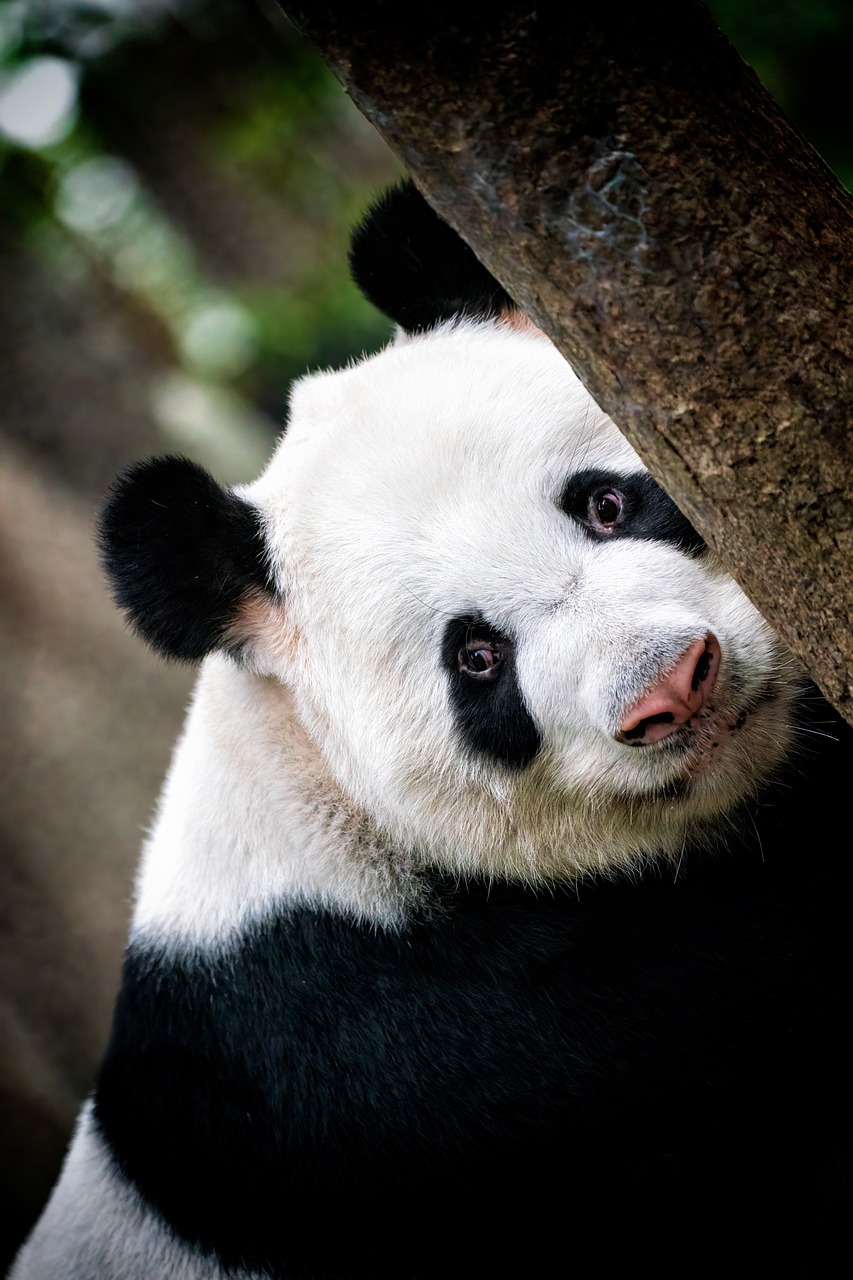
Giant pandas have been a major attraction at the Smithsonian’s National Zoo in Washington, D.C., since the first pair arrived in 1972 as a historic gift from China.
National Zoo officials now announce that D.C. will receive two new adolescent pandas by the end of the year. The previous pandas were sent back to China in November on a FedEx cargo plane, with no new agreement in place at that time.
“We’re beyond thrilled,” says Brandie Smith, director of the National Zoo. “Walking through the panda house after they left was a sad moment, but we quickly turned our focus to the future.”
China, home to the world’s entire native population of giant pandas, has about 2,000 of these animals in its bamboo-filled mountains. For decades, China has gifted or loaned pandas to zoos worldwide in a practice known as “panda diplomacy,” often tied to trade deals or diplomatic events. However, as relations between China and the U.S. have soured, China has stopped renewing panda loans to U.S. zoos. Currently, Atlanta is the last U.S. zoo with giant pandas, which are set to return to China.
When asked if international relations played a role in the D.C. panda negotiations, Smith said she couldn’t comment. “That’s not my area of expertise,” she said.
The San Diego Zoo is also expected to receive a new pair of pandas, though no date has been announced.
The 2-year-old bears coming to D.C., named Bao Li and Qing Bao, were born at the China Conservation and Research Center for the Giant Panda in Sichuan. Bao Li has roots in D.C.; his mother, Bao Bao, was born at the National Zoo in 2013 and was a local celebrity before being sent to China in 2017. Bao Li’s grandparents, Tian Tian and Mei Xiang, lived at the National Zoo for 23 years before being returned to China last year.
“We need that panda!” said Mariel Lally, one of the zoo’s panda keepers, who traveled with the bears on their return flight to China last year. While there, she saw Bao Li and noticed his resemblance to his grandfather, Tian Tian.
“We were just falling on the floor; we couldn’t believe how adorable he was. We just kept saying, ‘We need that panda, we need him,’” Lally said. “We had no idea it would come to pass.”
At 2 years old, pandas are considered “sub-adults,” comparable to teenage years in humans. “They’re going to be a little cub-like, still very playful, and want to spend a lot of time in the trees playing with toys,” Lally said.
The new panda loan comes with terms similar to previous agreements. The loan is for 10 years, though it can be extended. Any cubs born to the pair will belong to China and must be sent back when they turn 4 years old. The National Zoo will pay $1 million annually to the China Wildlife and Conservation Association for the pandas, with the funds supporting research and conservation efforts.
Due to international breeding and habitat restoration efforts, giant pandas are no longer considered endangered. They are now listed as vulnerable by the International Union for Conservation of Nature and Chinese environmental officials.
At the National Zoo, federal funding covers basic expenses like food and medicine for animals, but it doesn’t pay for the panda loan fee or the full cost of the panda program. The program has an annual budget of $2.8 million, including the loan fee, with about three-quarters funded by donations, zoo memberships, and other sales.
About 2 million people visit the National Zoo annually, and for many, the giant pandas have been the main attraction. Smith says there hasn’t been a noticeable decline in visitors since the last pandas departed, but it’s hard to tell as the busy season is just beginning. She emphasizes that there are many other animals to see.
“We know our visitors might come for the pandas, but they stay for everything else,” Smith said.
While the panda habitat has been empty, the zoo has been upgrading the building and outdoor space, installing new fences, larger platforms, and ponds. “We want to make sure everything is sturdy, especially with two young mischievous pandas who will probably try to take the whole place apart,” Lally said.




